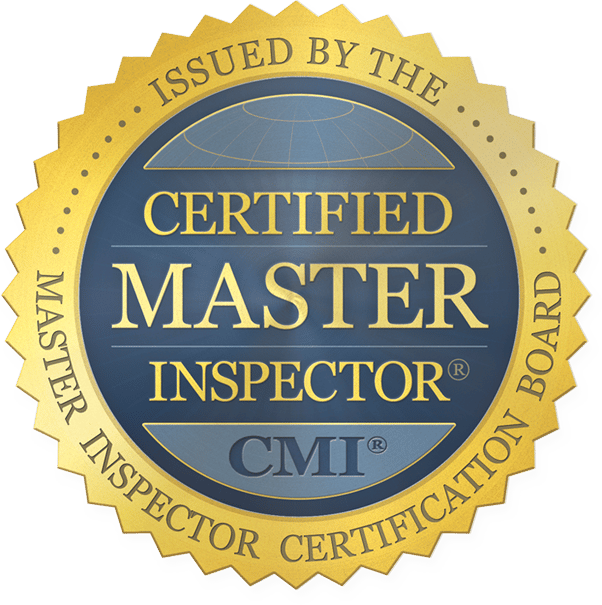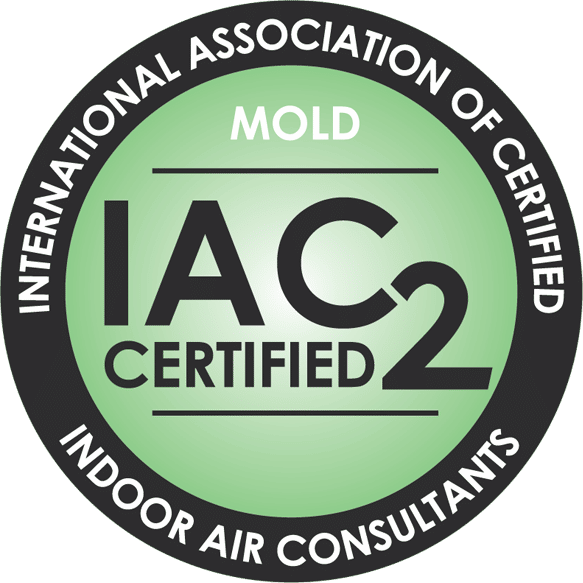What to Expect From Your Home Inspection: A Guide for Buyers
What to Expect From Your Home Inspection: A Guide for Buyers
A home is likely the largest purchase you’ll ever make. It’s important to know what to expect when it comes time for your home inspection so you can make an educated decision about whether or not this is a property that will suit your needs. This blog post will walk through what things are inspected during a typical home inspection, as well as some advice on how best to prepare yourself for the process and even questions you should ask your inspector at the end of their work.
Some items that may be checked include:
– electrical outlets and switches (including GFI)
– plumbing fixtures such as sinks, toilets and tubs
– plumbing pipes such as water heater lines
– the furnace or boiler system including all vents and ductwork, cooling coils (if gas), chimneys/flues for wood stoves, humidifiers if present. Some inspector may also check the condition of air filters on heating units
– water supply system (including a water sample if any concerns)
– electrical panel and main breaker box. This includes the condition of breakers, grounds, panels as well as disconnects or circuit breakers
– hot water heater with measurements for efficiency on gas units; insulation levels in attic based on R values
– walls, ceilings and flooring including insulation, moisture and evidence of pests (i.e.: mouse droppings)
– insulation levels in the attic based on R values
The home inspection is a detailed process that will take hours to complete depending on the size of your property. Your inspector should offer you advice about what areas need immediate attention as well as ones that might be an issue in the future. It’s recommended to have a list of any repair items you want your inspector to take note of before they start their inspection so that you can follow up on these afterwards.
***
After you receive and review your home inspection report here are a list of questions you should ask your home inspector and offers some suggestions for what to do after the inspection. If there are any issues found during the inspection, these could help you decide if it’s worthwhile to pursue a repair before closing on the property. For example:
-Did he find evidence that the chimney has been in use?
-What is the size of the Electrical panel? 100amp,125amp, 200amp?
-What is the current condition of the roof? Is there any signs of patching or repairs? Have there been any installed new shingles on a damaged spot?
He also found evidence that there’s no insulation in my attic.
The article also offers some tips on what to do when your inspector finds an issue that requires a repair; for example, if the home has been damaged by flooding in the past or it doesn’t have enough insulation.
When you need repairs before closing on your property says “the seller may agree to fix these issues before you purchase the property. Alternatively, if they don’t agree to fix them before closing, your home inspector may be able to write a report for these issues that will allow you to negotiate with the seller during settlement negotiations.
“If there are any problems found in inspections of the outside or inside of the house,” says “you should be able to negotiate with the seller on how these problems will be fixed before you finalize your purchase.”
A home inspection report accomplishes a couple of things. First, if is a detailed report of the current condition of you home’s major systems. A home inspection report is an awesome resource as a quick reference for question like; “Do I I have a crawlspace or is my home’s foundation “slab on grade?”, Why type of roof do I have, tile or comp shingle? These and other questions about your home can be answered by using the inspection report as a resource. Next, your home inspection report is a great way to negotiate for seller credits or renegotiate the purchase price. Most buyer will review their inspection report with their agent and use this information to point of potential safety issues that will need to be fixed or corrected, any deferred maintenance, or faulty equipment (HVAC, water heaters, leaky plumbing, etc) that should be or will need to be repaired or replaced shortly.
Trident Inspection Group clients on average will recover approximately $2,000 dollars due to our detailed report and findings. So you can think about an inspection as an investment.
If you have any questions please feel free to reach out.




